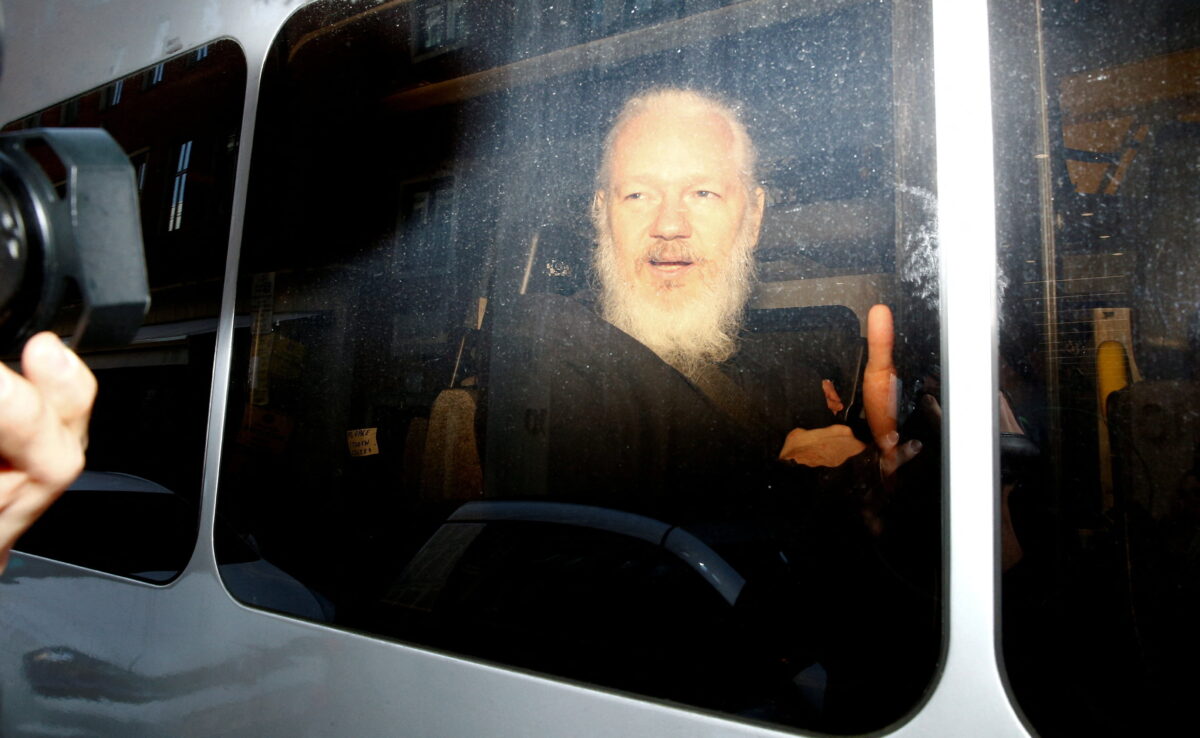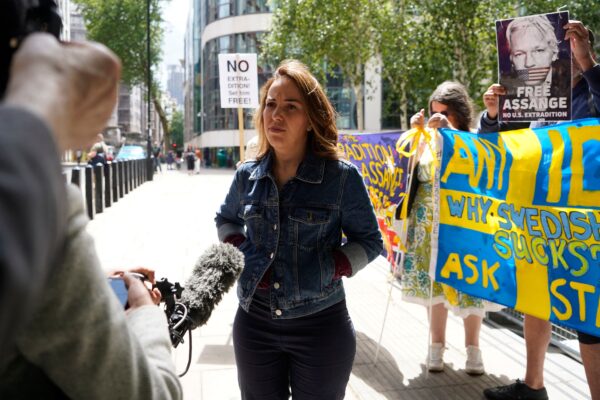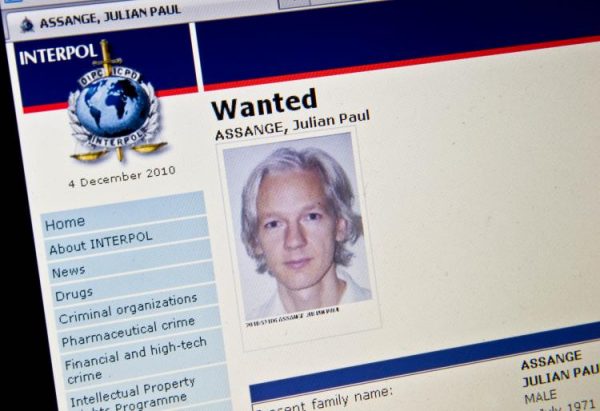


Amnesty International expressed concern Wednesday about the United Kingdom authorizing the extradition of embattled WikiLeaks founder Julian Assange to the United States, where he will face charges under the Espionage Act.
Amnesty International Secretary General Agnes Callamard expressed the organization’s concerns in a statement responding to UK Home Secretary Priti Patel’s certification of the extradition to the United States, where he is wanted for publishing thousands of classified and sensitive documents. Patel signed Assange’s extradition order in June 2022.
“Allowing Julian Assange to be extradited to the U.S. would put him at great risk and sends a chilling message to journalists the world over,” Callamard said. “If the extradition proceeds, Amnesty International is extremely concerned that Assange faces a high risk of prolonged solitary confinement, which would violate the prohibition on torture or other ill-treatment.”
Callamard expressed skepticism about the assurances provided by the United States, that Assange won’t be kept in solitary confinement, saying the promises “cannot be taken on face value given previous history.”
“We call on the UK to refrain from extraditing Julian Assange, for the U.S. to drop the charges, and for Assange to be freed,” she added.
Assange filed a new appeal on June 13, according to his wife, Stella Assange. The renewed appeal will be heard at a public hearing before two new judges at the High Court.
“[W]e remain optimistic that we will prevail and that Julian will not be extradited to the United States where he faces charges that could result in him spending the rest of his life in a maximum security prison for publishing true information that revealed war crimes committed by the U.S. government,” Stella Assange wrote on Twitter on June 8.
Two days earlier, the UK High Court rejected Assange’s appeal against extradition to the United States on espionage charges. The Court’s three-page decision by Justice Jonathan Swift rejected all eight grounds for appeal.
Assange’s lawyers argued in their appeal that the prosecution was politically motivated and violated the U.S.-UK extradition treaty’s prohibition on extraditing individuals for political offenses. The treaty states that extradition shall not be granted if the “offense for which extradition is requested is a political offense.”
Assange’s attorneys also asserted that the extradition request constituted an abuse of process.
Assange’s supporters assert that his prosecution amounts to an assault on free speech.
Reporters Without Borders (RSF) expressed its deep concern in a statement following the High Court’s ruling.
“It is absurd that a single judge can issue a three-page decision that could land Julian Assange in prison for the rest of his life and permanently impact the climate for journalism around the world,” said Rebecca Vincent, RSF’s director of campaigns.
“The historical weight of what happens next cannot be overstated; it is time to put a stop to this relentless targeting of Assange and act instead to protect journalism and press freedom,” she continued. “Our call on President Biden is now more urgent than ever: drop these charges, close the case against Assange, and allow for his release without further delay.”
For the last four years, Assange has been held on remand at Belmarsh prison in southeast London.
PEN International, a literature organization dedicated to freedom of expression, has called for his release. The organization frames Assange’s legal battles as judicial harassment of a journalist for exposing massive government corruption.
“The US authorities should drop the charges against Assange and withdraw their extradition request. Espionage laws should not be used against journalists or publishers for disclosing information of public interest,” the organization stated.
Assange faces 18 criminal charges in the United States, including breaking an espionage law and conspiring to hack government computers. These charges stem from WikiLeaks’ release of a U.S. military video in 2010, exposing a deadly attack on civilians in Baghdad.
WikiLeaks also published classified files and diplomatic cables, which included critical assessments of world leaders such as Vladimir Putin.
The U.S. government argues that the publication of these sensitive documents has endangered lives.
Assange sought refuge in Ecuador’s London Embassy from 2012 until his arrest in April 2019 for bail violation in a separate legal matter. He was subsequently transferred to London’s high-security Belmarsh Prison, where his health reportedly deteriorated.
If convicted, Assange could face a maximum sentence of 175 years in prison. His lawyers have consistently argued that he would not receive a fair trial if extradited to the United States.
Katabella Roberts contributed to this report.


